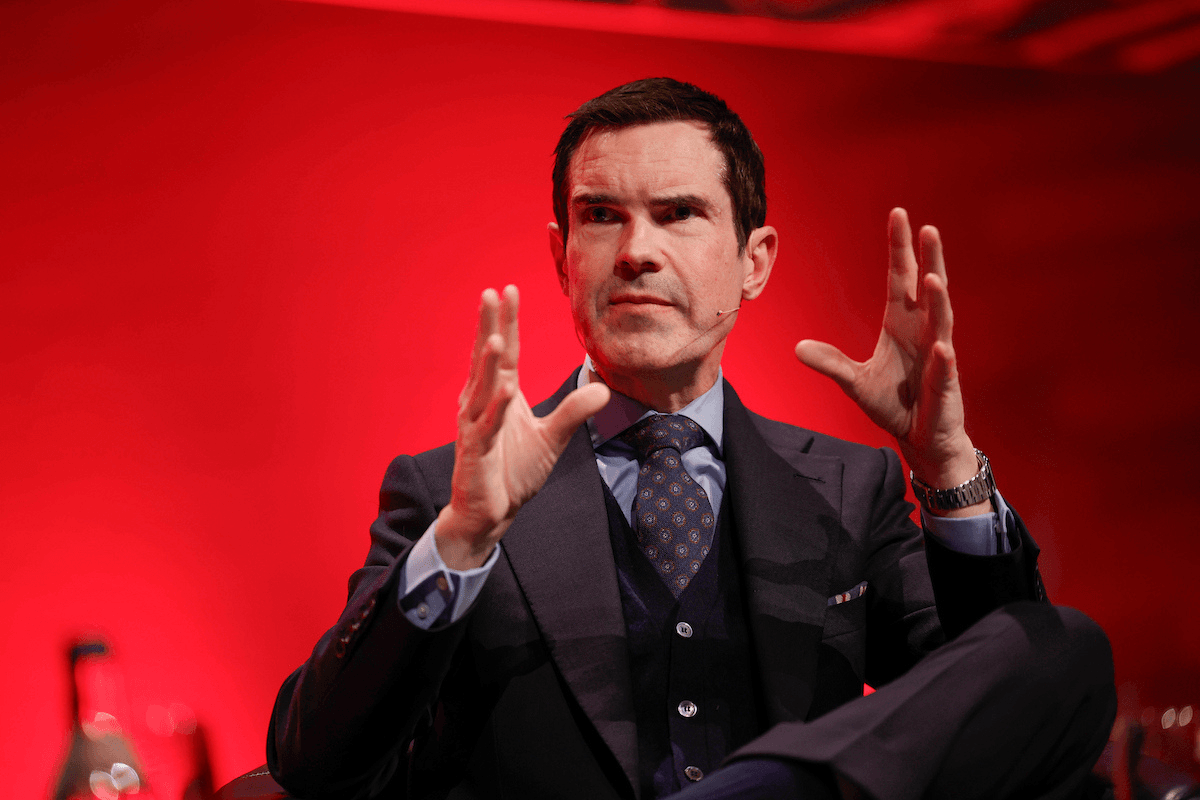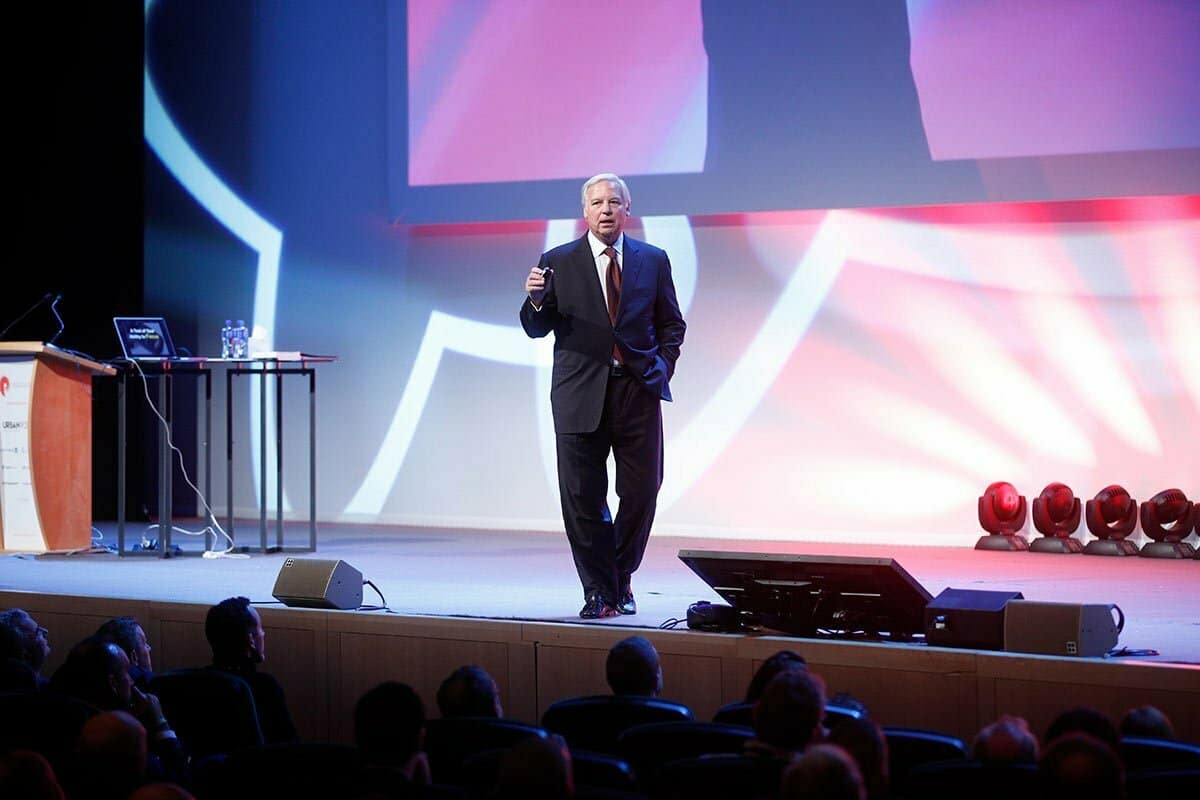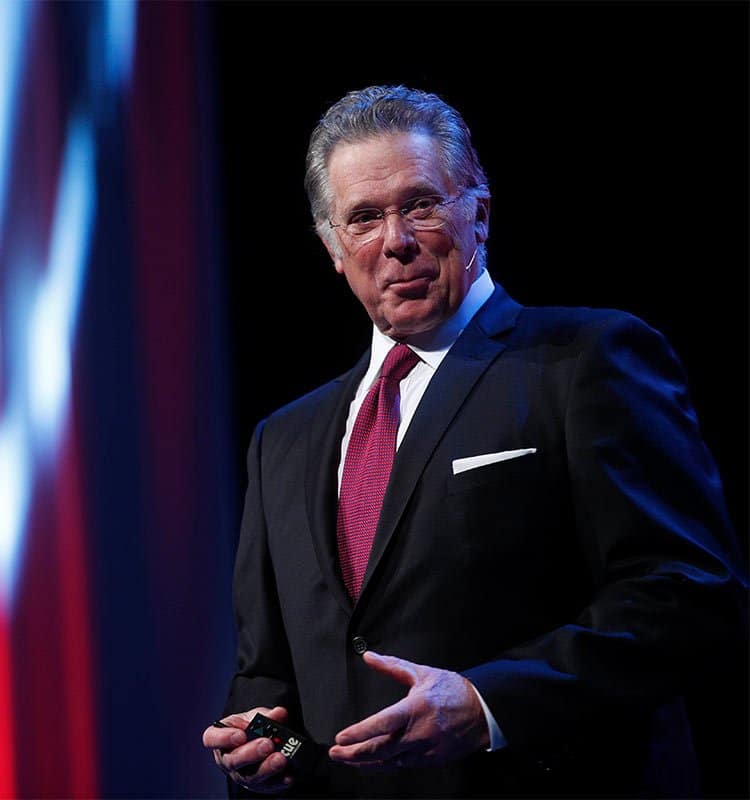In today’s fast-paced and dynamic business environment, effective leadership extends beyond traditional skills and knowledge. Emotional intelligence (EI) has emerged as a critical component for successful leaders, enabling them to navigate complex interpersonal dynamics, foster a positive work environment, and drive organisational success. This blog delves into the importance of emotional intelligence in leadership and offers practical tips for developing this essential trait.
What is Emotional Intelligence?
Emotional intelligence, often referred to as EI or EQ (emotional quotient), encompasses the ability to recognise, understand, and manage one’s own emotions, as well as the emotions of others. It includes five key components:
- Self-awareness: Recognising and understanding one’s emotions.
- Self-regulation: Managing one’s emotions in a healthy way.
- Motivation: Being driven to achieve goals for intrinsic reasons.
- Empathy: Understanding and sharing the feelings of others.
- Social skills: Managing relationships to move people in desired directions.
Why Emotional Intelligence Matters in Leadership
1. Enhances Communication and Collaboration
Leaders with high emotional intelligence can effectively communicate with their teams, fostering an environment of trust and openness. This improves collaboration and helps in resolving conflicts more efficiently. Studies have shown that emotionally intelligent leaders can navigate complex social interactions and build stronger relationships within their teams.
2. Boosts Employee Engagement and Motivation
Emotionally intelligent leaders can connect with their employees on a deeper level, understanding their needs, aspirations, and concerns. This connection boosts employee engagement and motivation, leading to higher productivity and job satisfaction. Research indicates that organisations led by emotionally intelligent leaders experience lower turnover rates and higher employee loyalty.
3. Facilitates Change Management
Change is inevitable in any organisation. Leaders with high emotional intelligence are better equipped to handle change, as they can empathise with employees’ concerns and fears. They can communicate the benefits of change effectively, easing the transition process.
4. Improves Decision-Making
Emotionally intelligent leaders are more self-aware and better at managing stress, which allows them to make more balanced and informed decisions. They can consider both logical and emotional aspects of a situation, leading to more holistic and effective outcomes.

Developing Emotional Intelligence in Leadership
1. Practice Self-Reflection
Regular self-reflection helps leaders become more aware of their emotions and reactions. Keeping a journal or seeking feedback from trusted colleagues can provide valuable insights into one’s emotional patterns and areas for improvement.
2. Engage in Active Listening
Active listening involves fully concentrating, understanding, and responding to what others are saying. This practice helps leaders develop empathy and build stronger connections with their teams.
3. Manage Stress Effectively
Stress management techniques such as mindfulness, meditation, and regular exercise can help leaders maintain their emotional balance, enhancing their ability to respond calmly and rationally in challenging situations.
4. Seek Continuous Learning
Participating in workshops, training sessions, and reading literature on emotional intelligence can help leaders deepen their understanding and application of EI in their professional lives.
Conclusion
Emotional intelligence is a cornerstone of effective leadership. By enhancing communication, boosting employee engagement, facilitating change management, and improving decision-making, emotionally intelligent leaders can drive their organisations towards success. Developing emotional intelligence requires continuous effort and commitment, but the benefits it brings to leadership effectiveness and organisational culture are undeniable.
References:
- Harvard Business School: Why Emotional Intelligence Is Important in Leadership
- Center for Creative Leadership: Emotional Intelligence and Leadership Effectiveness
- Kellogg Insight: Emotional Intelligence Is Key to Strong Leadership
By focusing on the role of emotional intelligence in leadership, you can create a positive impact on your team’s dynamics and drive your organisation towards greater achievements. Start your journey towards becoming an emotionally intelligent leader today!
Ready to dive deeper into the world of personal and professional growth? Unlock exclusive access to Pendulum-360 and experience the power of over 120 past Pendulum Summit presentations, including the full Costas Markides video. Take your journey to the next level and explore a wealth of knowledge, insights, and inspiration. Join us on Pendulum-360 today and embark on a transformative voyage towards your fullest potential.
Gain insights from the likes of Richard Branson, Jo Malone, Bear Grylls, Dame Kelly Holmes, Lisa Nichols, Dr. John Demartini, Bob Proctor and so many more.








